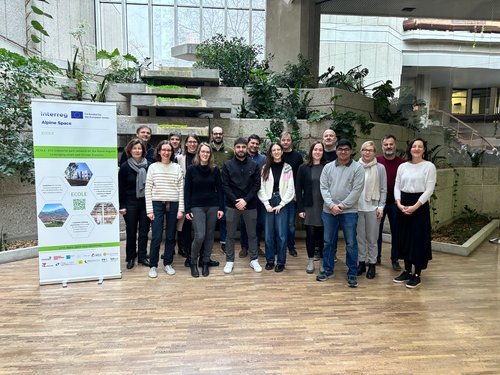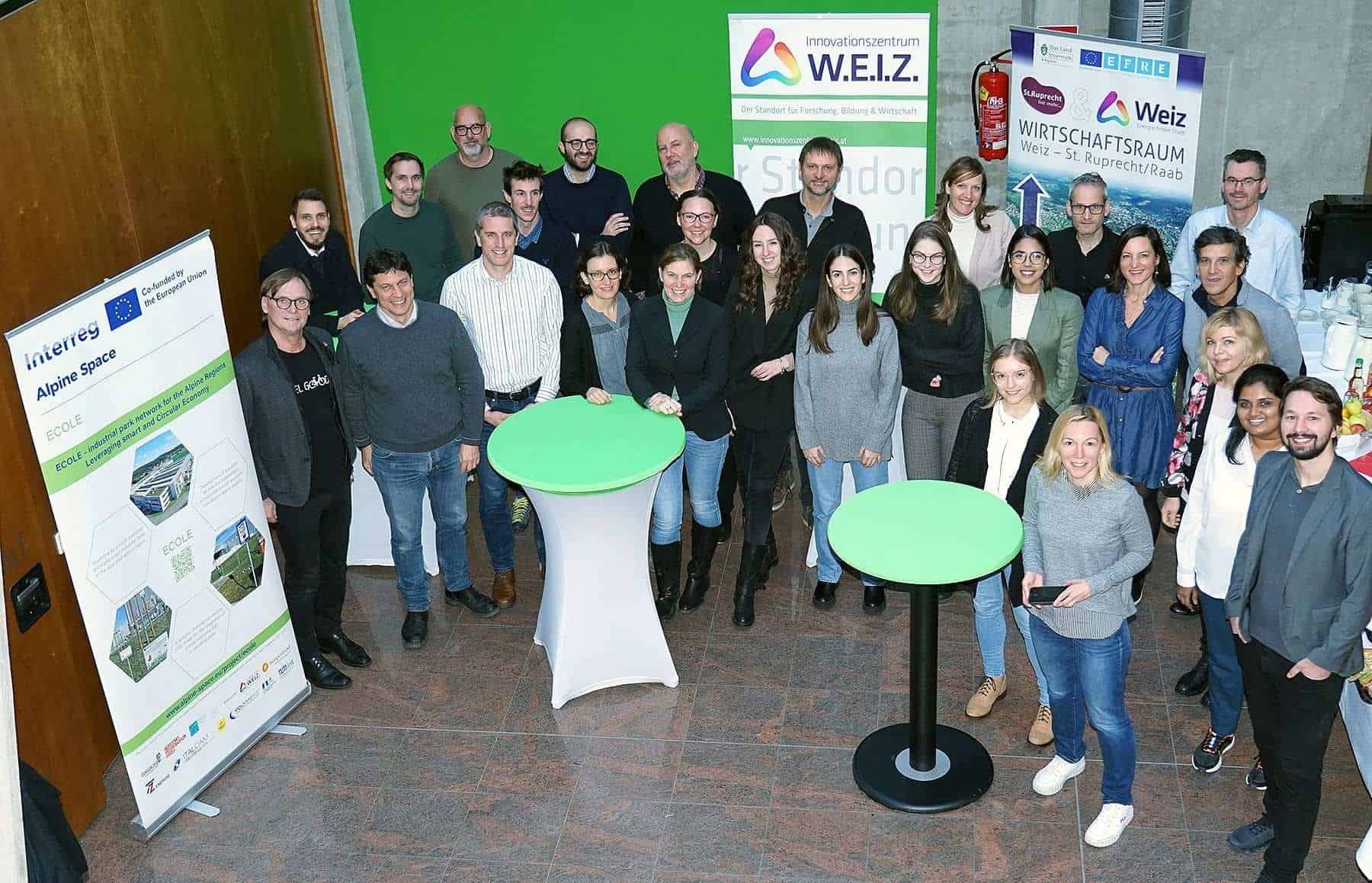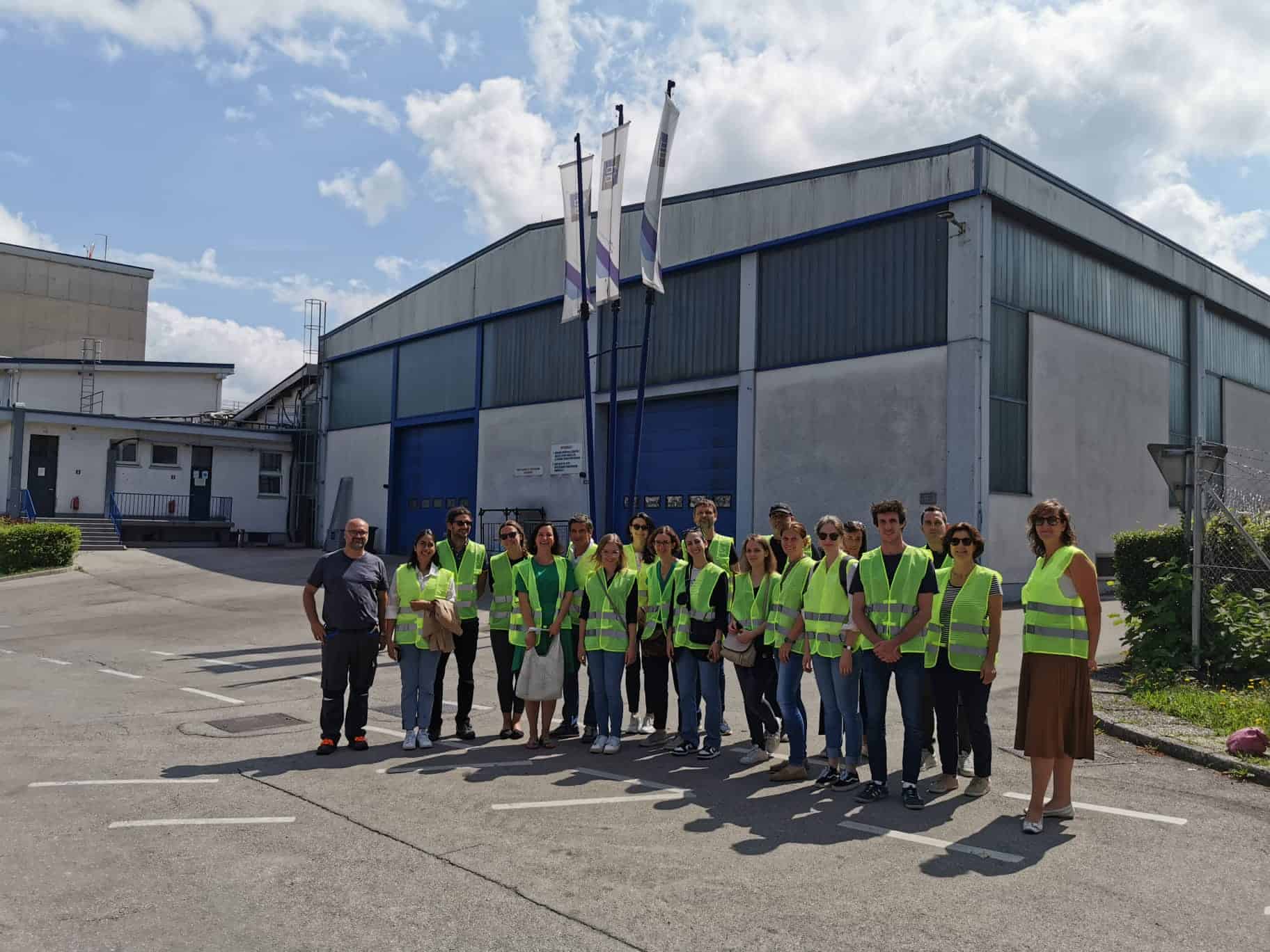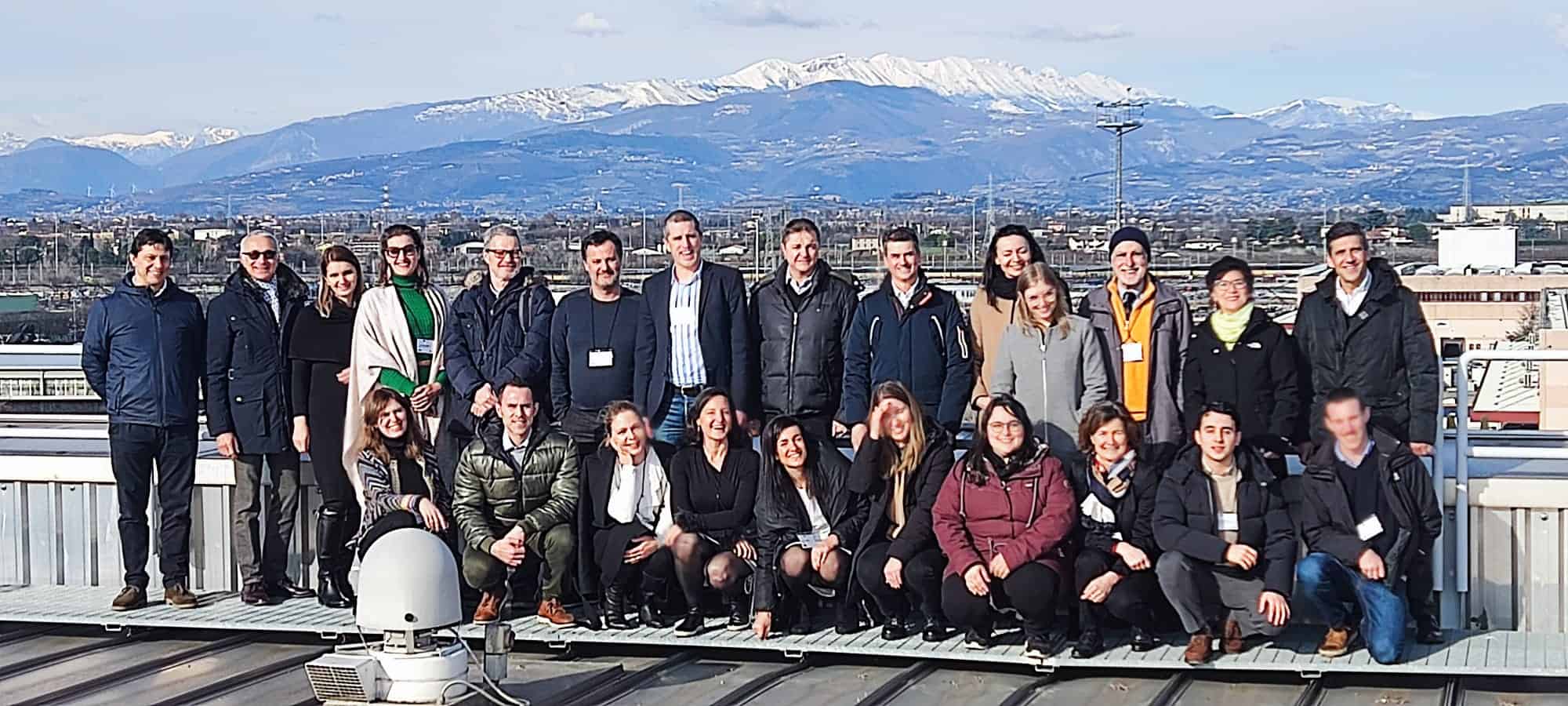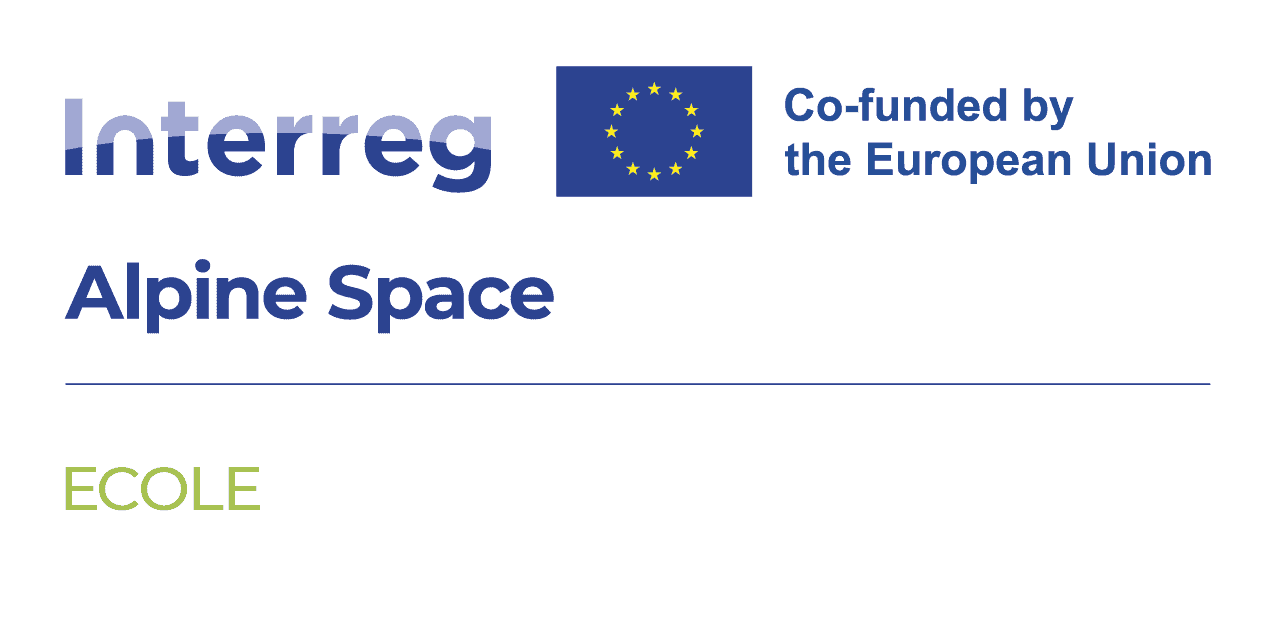
Overview
Industrial Parks suffer from an image of polluters, but also from increasing energy costs and a lack of knowledge about the circular economy approach. ECOLE wants to change this to accelerate the transition to a circular and resource-efficient industry in the Alps. To achieve this, the project will establish a systemic thinking community model, including policy recommendations as well as action plans prepared by local communities to integrate circular economy in their local industrial sites. Ultimately, ECOLE will contribute to transforming industrial parks in the Alps into more circular, resilient and sustainable eco-industrial parks, better prepared to face climate and economic crises.
Factsheet
- 2021 – 2027
- Carbon neutral and resource sensitive Alpine region
- SO 2.2 - Promoting the transition to a circular and resource efficient economy
-
- AG1 Research & innovation
- AG2 Economic development
- AG5 Connectivity & accessibility
- 11/2022
- 10/2025
- 2.591.200 EUR
- 1.943.400 EUR
Description
ECOLE will help to solve problems Industrial Parks (IPs) face to become integrated circular Eco- Industrial Parks (EIP), i.e for industries to introduce at all levels the principles of the circular economy (CE). Indeed, this challenge affects in particular industries, but also infrastructure providers, public authorities, sectoral agencies, business support organisations (BSO), which deal with and provide services to EIP (energy, waste/ sewage collection, development and support) in the Alpine region. In fact, IPs suffer from an image of polluters, but also from the increasing cost of energy/production inputs and lack of knowledge on integration of CE approach both in the value chain, and in daily activities.
To change this, cooperation is central because only a systemic change will speed up the transition to a circular and resource efficient industry in the Alps. This is why working together with industries, infrastructure providers, public authorities, sectoral agencies, BSO and universities, ECOLE will provide IPs a CE integrated approach both for their value chains and their support functions.
To achieve this, we will use the community approach and establish a systemic thinking community model (STCM), which will co-design action plans to implement collected tools in the pilot sites. We will start by delivering the community model for EIP after reviewing different frameworks, policies and tools. Local communities will prepare their action plans to integrate CE in their sites. We will then develop a set of solutions, promote them together with actualised action plans. Finally, we will recommend adaptation of policies and strategies to speed up the adoption of the CE principles in EIP.
In three years of cooperation we expect to transform industrial parks into more circular, resilient and sustainable EIP in the Alps, able to face climate and economic crises.
Partners
- 45.417040910.9270576
- 45.649648513.7772781
- 46.1639070514.306674164430577
- 46.0493114.460760009231374
- 47.215317515.630937950000003
- 47.830380316.53244757088359
- 48.5562781512.197818522803118
- 48.1299611.5309879
- 45.18874315.7391967
- 46.25058535.6313305
- 45.4892079.1936874
- 48.157175111.5513352















Outcomes
-
A Systemic thinking community (STC) model for the integration of circular economy (CE) in industrial parks
The STC model will be based on the circular and smart city approach, structured in a way to enable industrial parks to face complex challenges and multiple interests/influences. Built upon the benchmark of different community models, it will combine elements taken from circular economy, smart city&EIPs development. It will also contain other projects’ outputs proven valid, integrated with fundamentals from policies & strategies in the Alps and in Europe, which impact CE and Eco Industrial Parks. -
Guideline for Circular economy principles in Eco Industrial Parks in the Alps: pilot actions report
The output will relate the pilots' experimentation in the selected industrial parks (10). Action plans prepared by the local STCs will be implemented using the relevant toolkit chosen in WP1. Specific key performance indicators (KPI) will be set for the different pilot actions types integrating the CE approach such as governance, digitisation, energy efficiency, value & supply chain. They should be all kept in the systemic, circular & resilient thinking approach. -
Alpine set of jointly developed solutions for industry stakeholders combined with policy and strategy recommendations to boost the circular economy transition in Alpine industry
The Alpine set of solutions and the updated actions plans will provide concrete solutions based on pilot actions (WP1 & 2) for EIP but also sectoral agencies, supporting SMEs & enterprises in their transition. They will be directly targeted to the industry stakeholders, while the recommendations on CE and industries will be directed to policy makers at different levels (from local to transnational). They will focus on the upscale CE in industries in a systemic approach supported by STC network.
Pilots
-
Marangona Industrial Park
Download
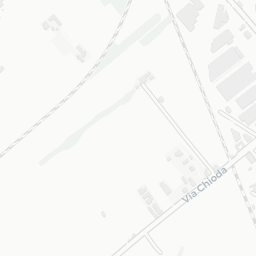




The Marangona Industrial Park is a strategic greenfield area of 1,500 hectares located within the Municipality of Verona, Italy. Entirely greenfield (100%), the park is designed to support sustainable industrial development and is structured into five dedicated sectors.
The park is strategically positioned near key transport infrastructures, including the A4 Verona Sud highway exit and not far from the Verona Est exit. Its proximity to Veronafiere – one of Italy’s most important exhibition centers hosting global events every year – further enhances its appeal and accessibility.
The area is deeply integrated into the urban fabric of Verona, enabling close collaboration between industrial activities and the local community.
A key focus of the Marangona project is the creation of an efficient Energy Industrial Park (EIP), aimed at coordinating renewable energy operators to balance energy production and consumption. This includes the development of an energy community, establishing strong connections between producers and consumers. Significant investments in circular economy practices are also planned to ensure long-term environmental and economic sustainability.
-
COSELAG
Download





The Trieste Economic Development Agency is the public entity responsible for promoting the creation and development of productive and entrepreneurial activities in the industrial area of Trieste, comprising more than 900 undertakings covering several fields of activity, ranging from ship engines, to oil&refinery, food processing, services, commerce. To this end,
1) it builds and manages infrastructures for industrial activities;
2) it promotes the conditions of arrangement and equipping of the urbanisation works for the area, the construction of factories and industrial and artisanal equipment;
3) it manages services aimed at businesses, including consultancy for the drafting of projects to access European funds and services related to industrial production;
4) it collaborates with the FVG Autonomous Region in the implementation of the measures for entrepreneurial attractiveness identified by the laws of the sector;
5) it administers the Industrial Free Zone.
One of the main goals included in the current business plan of the Trieste Economic Development Agency relates to the improvement of the energy efficiency and the certification as “Eco-friendly industrial park” as foreseen in the Regional Law no. 3/2015. Also, the Agency has installed solar panels for almost 400 kW.
-
Industrial Zones in the Škofjeloško region
Download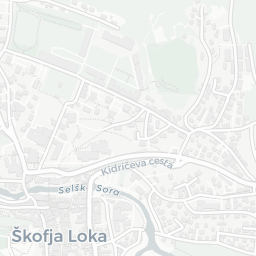

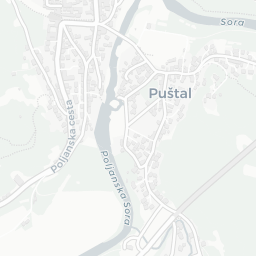









The ECOLE project pilot area focuses on four key industrial zones in the Škofjeloško region, where we will conduct a Study of Excess Heat Potential. The main objective of this study is to assess the potential for excess heat in the region and explore ways to utilize it effectively. This study is the first document to address waste heat utilization at the level of industrial zones within the municipalities, laying the groundwork for more sustainable energy practices in the area. Each of these industrial zones plays a crucial role in the region’s economy and presents valuable opportunities for implementing sustainable energy solutions within the ECOLE project. By analyzing excess heat potential and proposing innovative ways to utilize it, we aim to support the transition towards more energy-efficient and environmentally friendly industrial practices in the Škofjeloško area.
The dicription of the industrial parks:
The Trata Industrial Zone in Škofja Loka spans approximately 90 hectares and is situated along the Ljubljana–Jesenice railway line. It is the most developed among the four zones, featuring well-established infrastructure and hosting several major companies, including LTH Castings, Knauf Insulation, and Sibo G. Many businesses in this zone utilize technological processes that generate excess heat, making it particularly relevant for the ECOLE project.
The address: Kidričeva cesta 99, 4220 Škofja Loka, Slovenia
The Todraž Industrial Zone, covering around 5.5 hectares, is located southeast of Gorenja vas - Poljane. This zone primarily consists of smaller, locally integrated businesses, with a strong presence of wood processing and trade companies, as well as a transport company. Its close ties to the local economy make it an essential part of the region’s industrial landscape.
The address: Todraž 14, 4224 Gorenja vas, Slovenia
The Železniki Industrial Zone covers approximately 15.5 hectares and is situated on the eastern and partially southern edge of the town of Železniki. It is home to the municipality's key industries, including Domel, a manufacturer of small electric motors and components for electrical appliances, and Alples, a well-known furniture producer. The presence of both large and small companies contributes to the economic vitality of the area.
The address: Češnjica 48a, 4228 Železniki, Slovenia
The Žiri Industrial Zone, spanning 30 hectares, is located on the western side of the town of Žiri and serves as the economic center of the entire Žiri basin. It hosts several large companies that are significant not only for the municipality but also for the broader region. Among them are M Sora, a window manufacturer, Alpina, a producer of sports footwear, and various metal processing companies such as Modrijan, Ino, and Polimix.
The address: Industrijska Ulica 2, 4226 Žiri, Slovenia
-
EBZ Zalog
Download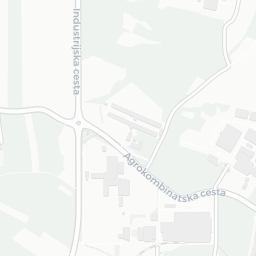





EBZ Zalog, spanning across approximately 10 hectares in the eastern part of the Municipality of Ljubljana, combines both brownfield and greenfield areas, with 7 hectares devoted to established industrial activities and 2.7 hectares recently developed as greenfield space to attract entrepreneurship. The zone hosts diverse tenants, including KOTO, a waste treatment company producing biogas for renewable energy and VOKA SNAGA, the municipal waste management which is operating its major facility there. Recently the zone has undergone a major infrastructural upgrad (modern roads, drainage systems, power grid etc.), making the zone well-equipped for industrial and business operations. Situated within the Ljubljana Urban Region, the most developed region in Slovenia, the zone benefits from proximity to prominent companies, research institutions, and a skilled workforce. The recently developed greenfield area, designed for entrepreneurship, will host 14,300 m² of new facilities, promoting innovation, attracting SMEs, and supporting Slovenia’s transition to a circular economy.
The pilot project is groundwork for sustainable waste management and stronger community engagement. By fostering collaboration among stakeholders in the waste management value chain, the project has enabled partnerships that optimize resource use. A dedicated waste management plan has been developed to collect edible waste oil to further process it into biofuel. Additionally, a communication strategy has been established to actively engage residents and businesses, encouraging their participation in sustainable practices. With these strategic foundations in place, future acitivities may follow such as testing waste reduction strategies, creating waste exchange networks, and expanding awareness campaigns to strengthen community involvement and promote long-term sustainability. -
CRAISS Generation Logistik
Download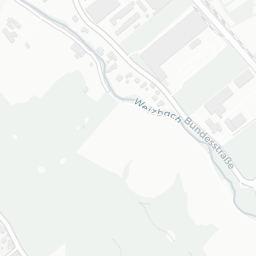





1. CRAISS Industrial Park, WEIZ
The whole industrial area has a size of about 100,000 square meters and is surrounded by agricultural fields and a small village with about 30 households. Currently 50 % of the industrial area is established and a company is acting there, the building project took place between 2020 and 2021. The remaining 50 % are partly planned for future projects and partly green field.
Existing Companies and Infrastructure: the CRAISS Generation Logistik Austria GmbH & Co KG is currently the only tenant in the industrial area. The company acts as a logistics service provider and handles the inbound logistics for a major German technology company, which has an already existing production plant in Weiz, where large-scaled systems for the power supply are manufactured. Around 300 companies are active in the surroundings of the pilot park, which together offer around 15,000 jobs and are crucial network partner for the pilot park area. The region benefits from traditional leading companies in the energy, automotive, construction, food and electronics sectors. Well-known companies here include, for example, Siemens, Andritz, Knill, Weitzer Parkett, Magna, Lieb-Bau, Wollsdorf Leder, ELIN-Motoren, Rondo, Strobl-Bau, frisch-saftig-steirisch, Steirerkraft, Alwera, Matzhold, Klampfer and Triotronik.
-
S7-Rudersdorf Business Park
Download





The S7-Rudersdorf Business Park is an industrial park in development at the Rudersdorf/Deutsch Kaltenbrunn traffic junktion, located directly at the new S7 freeway entrance. The size of the Business Park is divided into a first available area of 62.500m², with additional 77.300m² of expansion area, adding up to a total area of approximately 140.000m².
In order to prevent many small industrial areas from forming in the surrounding municipalities, it was decided to create one bigger park at the chosen location, involving all 12 municipalities in the Jennersdorf district. All participating parties are involved in the Rudersdorf Business Park and share taxes and the responsibility regarding the area. The business agency of Burgenland highlights the location of the site within the tri-border area of Austria, Hungary, and Slovenia. which offers excellent connectivity. This is achieved by the new S7 Fürstenfelder expressway, which links Riegersdorf, Rudersdorf/Deutsch Kaltenbrunn, and Heiligenkreuz. This strategic position provides significant economic benefits for businesses, which are amplified by the proximity to Graz which enhances access to diverse cultural and educational pos-sibilities. The surrounding area of the greenfield site mainly consists of agriculturally used space as well as wooden areas to the north-east.
-
Siemens Technopark
Download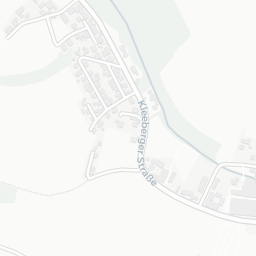





The Siemens Technopark in Ruhstorf is a heavyweight. The area is an impressive 100,000 square meters in size and offers around 55,000 square meters of building space (100% Brownfield). The majority of the buildings are production halls and warehouses of various sizes, equipment and characteristics, which can be individually adapted. A special feature is special storage solutions for battery storage systems. The offer is rounded off by contemporary office workplaces and – brand new – the "Maker Space" for flexible use.
Existing Companies and Infrastructure: Several companies like Flender GmbH, a leader in manufacturing of generators for Wind Mills; MTU Rolls Royce, a generator and battery pack manufcaturer for special purpose like data centers; have manufacturing at the location. In addition to that research institute like Bavarian State Research Center for Agriculture (LfL) are also located researching on local farming land and related activities. In total around 800 jobs are offered in the technopark. The geographic location ie. the location on the Austria-Germany border gives it an strategic advantage as it is close to Munich, Salzburg and Linz. In addition Two large car parks directly on the Technopark site offer a total of around 600 parking spaces for employees and guests. Access to the site is also taken care of: The site has several car and truck access roads.
Some of the companies located are: Bavarian State Research Centre for Agriculture (LfL), Flender GmbH, Prexels, Siemens AG, Siemens Real Estate, Vogelsang Service Group, Apleona HSG Südost GmbH, Caritas WfbM Ruhstorf , C.E. Noerpel GmbH, Christian Lustinger GmbH, Eder Elektro GmbH , MTU- Rolls Royce Solutions Ruhstorf GmbH
-
Cleantech Innovation Park
Download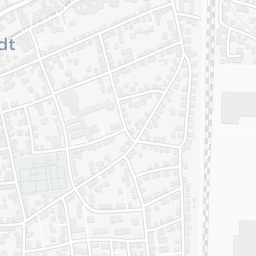





The Cleantech Innovation Park brings business and science together and offers space for new ideas in the field of sustainable mobility and innovation. It is the most powerful innovation network in the Bamberg region.
On the site of the former Michelin tire plant, they now want to create a hub for clean green mobility and innovation together with partners. In doing so, they want to be a lighthouse project for the transformation of the German automotive industry.
The shareholders of Cleantech Innovation Park GmbH: the city of Hallstadt, Michelin, the Bamberg district.
The Cleantech Innovation Park in Hallstadt offers companies, universities and research institutions an attractive environment where they can network and conduct practical research on future technologies in a neutral location. The newly opened Innovation Centre offers a flexible infrastructure that is specially tailored to the needs of companies and research institutions. Here, players from science and industry can work together on forward-looking projects and develop innovative solutions. The design of the building was developed in collaboration with large companies, small and medium-sized enterprises (SMEs), universities, institutes, and the public sector as part of a design thinking workshop.
The research activities focus on: Clean energy and new drive technologie, sustainable and resource-efficient production, artificial intelligence and digitalization, and lifelong learning.
Flexibly divisible workshop halls offer the players plenty of free space to develop future technologies there and make them marketable.
-
Hytech Vallée
Download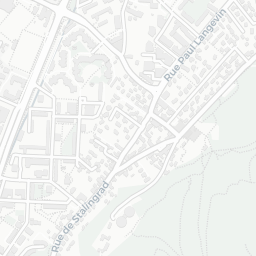





Five municipalities within Grenoble Alpes Métropole host eight prominent business parks, home to a diverse range of international industrial companies and innovative SMEs across sectors such as chemistry, metallurgy, paper, and microelectronics. Together, these businesses employ around 6,000 people. Despite its economic significance, this industrial hub remains largely under the radar. In 2023, a group of twelve companies, with support from Grenoble Alpes Métropole, formed the Hytech Vallée association. The association’s mission is to raise awareness of the area’s businesses and industrial jobs, enhance employee services, improve transportation options, and foster collaboration. To achieve this, the association established several working groups, some focused on collective purchasing and CSR initiatives. Workshops were also organized with companies within the industrial park and surrounding areas to encourage synergies, reduce resource consumption, and minimize waste.
-
Parc Industriel Ouest PI03
Download





Based in Veyziat, in the Haut-Bugey Agglomeration and its Plastics Valley, the industrial park “Parc Industriel Ouest PI03” is 70% brownfield and 30% greenfield. The industrial park is located on the north side of the conurbation of Oyonnax and one of the major industrial employment area for plastics industry. The industrial parc accounts for 15% of the region's employment and gathers among its firms a wide range of sizes, from very small businesses to SMEs, as well as a few large companies and ETIs. The extension will make it possible to accommodate large companies. It is managed by the Haut-Bugey Agglomeration which is supported by Polymeris, the cluster for plastics, rubbers and composites also based in Oyonnax conurbation (Bellignat) to implement circular economy initiatives in the PI03. In the frame of ECOLE’s project, Polymeris and the Haut-Bugey Agglomeration identified two key challenges to support the park in its circular transition : the implementation of a common waste management between the plastic industry SMEs present in the industrial park and in the Plastics Vallée and the development of environmental technical specifications for the firms to settle in the industrial park, to support environmental-friendly building, energy efficiency solutions and circular economy solutions for the greenfield park.
Downloads
-
Download now the first Newsletter of the project ECOLE! In the newsletter you can find information about the project, past events and project activities that were carried out by the projects partners.Download
-
Report on closing production circle in industrial parks and implementation success at economic, environmental, operational and governance level including fruitful interactions with tenants and surroundings.Download
-
Paper on EIPs that conserve resources, reduce production in and outputs, increase energy and operating efficiency, peolpe wellbeing, public image and provide opportunities for sustainable development.Download
-
Set of Infographics witth main facts and figures on structures, infrastructure, operations, services, management, governance and benefits related to EIPs and CE approach for dissemination purpose.Download
-
STC model as a way towards circular economy by actively interacting with stakeholders from private and public sector, academia and representatives of citizen communities around the industrial parks.Download
-
Scientific paper on EIPs STC model and different factors of their success such as the active participation of the park tennat companies, associations of entrepreneurs/employers, local and regional actors.Download
-
Digital information leaflet with info graphics for each action plan with highlights of main actions, stakeholders, timeline and results.Download
-
Written and recorded statements for news and media with focus on technology testing and knowledge transfer on circular approach in industrial parks and benefits for surrounding communities.Download
Project calendar
